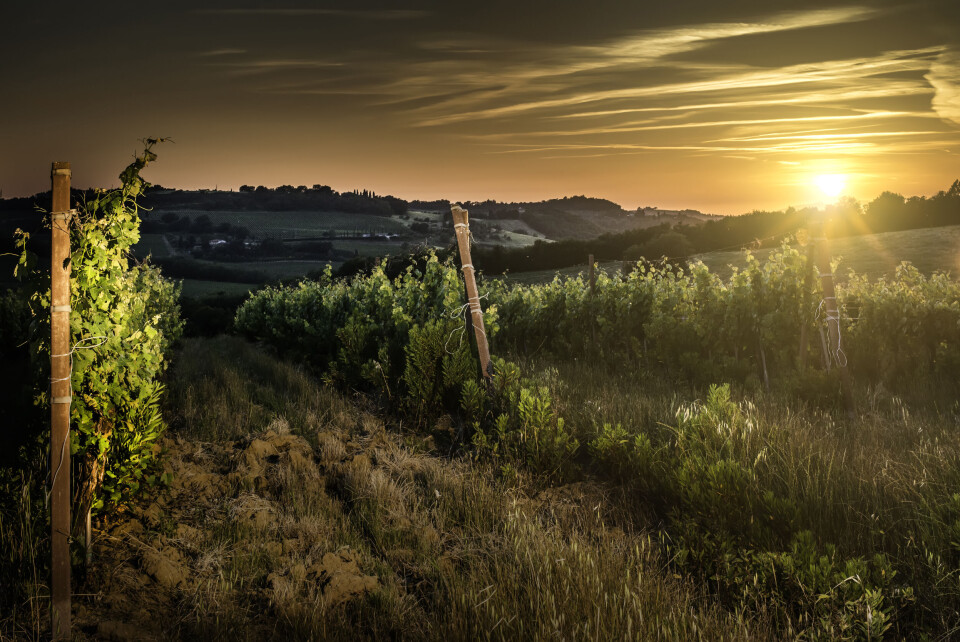-
White storks make strong return in France via nest ‘platforms’ and clipped wings
The Ligue pour la Protection des Oiseaux shares the conservation challenges in saving these birds from extinction
-
Hosting scheme in south-west France lets newcomers sample lifestyle
Households in nine Dordogne communes volunteer under Mes Nouveaux Voisins scheme
-
French boulangeries demand right for staff to work on May 1 so they can open
Artisan bakery owners can work but employees cannot, while certain industrial bakeries are allowed to remain open with workers
French winemakers harvest grapes by night to escape heatwave
Vignerons have had to work through the night to stop grapes from spoiling

The vignerons of Domaine Vivien (in Roubia, Aude) have been watching their grapes darken, turning ripe in the baking heat.
This year’s record-breaking heat from August 18 to 24 has made grapes mature faster than normal, meaning that the vignerons have had to hurry to harvest them before they spoil.
At a number of vineyards, however, day time temperatures of over 40C meant harvesting the grapes at night.
“At midnight, the thermometer in the tractor says it’s 31°C, which is still very hot and makes the work hard but we are dependent on the weather and can’t do it any other way,” one vigneron told France 3.
Working at night can be more challenging, and should the machines break down nobody will be able to come and fix them.
However the alternative would be a spoiled harvest – a catastrophe many vignerons cannot risk.
Read more: France set for a good wine year despite mildew
‘Grapes need to be cooled’
It is not just the vignerons trying to stay cool.
The grapes themselves, destined for white wine and rosé, must be as cool as possible before the fermentation process can begin.
On arrival at the winery the grapes are still hot, between 25°C and 30°C.
For oenologist Sebastien Tomasoni, the temperature poses a problem.
“The pressed grapes are still 25 degrees, which is still too hot, so after pressing we have to cool the must [pressed grape juice] in the cellar before starting to ferment it.”
Once cooled the must will be left to settle for two days. Only then can the fermentation process begin, which can last anywhere from five to fifteen days.
Read more:
Winemaker accused of selling 1.8 million bottles of fake champagne
The temperature is rising in France’s hottest village
























